
Pharmacists can make a difference through screening, counseling, and treatment.

Pharmacists can make a difference through screening, counseling, and treatment.

Patients' nails can reveal health issues as well as side effects of medication.
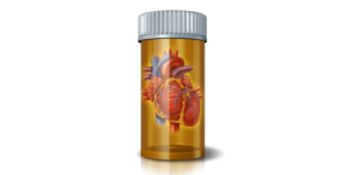
An analysis of 2 randomized trials of statin therapy for patients enrolled after an acute coronary syndrome finds that high-dose statins do not increase the risk of kidney injury.
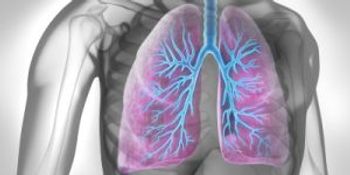
COPD patients have a significantly increased risk of developing nonamnestic mild cognitive impairment, according to the results of a study carried out by researchers at the Mayo Clinic.

A scientific statement from the American Heart Association concludes that depression should be categorized as a risk factor for poor prognosis after acute coronary syndrome.

After almost 70 years, bacitracin's good reputation is changing.

When pharmacists protect their vision, they help maintain the quality of their work.

Although many COPD patients avoid exercise due to their breath-robbing condition, a new study finds that those who reported the most exercise and did not reduce their exercise level over time had the fewest hospitalizations for exacerbations.

A new review summarizes the natural history of cardiomyopathies presenting with atrial fibrillation and the importance of managing underlying pathologies.

Changing antiepileptic drugs might improve seizure control and/or reduce adverse effects, but the risks of a switch must be considered.

Doping violates the spirit of sports and is dangerous.
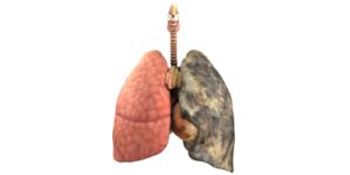
COPD patients treated with N-acetylcysteine had significantly fewer exacerbations than patients treated with placebo, but more data is needed before the compound can be made an integral component of treatment guidelines.

The results of a new study contradict the long-standing belief that syndrome of inappropriate anti-diuretic hormone is the most common cause of hyponatremia in elderly patients with fragility fractures.
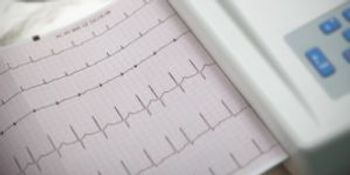
A recent article summarizes current knowledge and discusses challenges related to atrial fibrillation and heart failure.
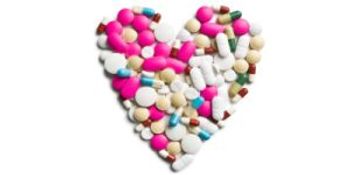
When one of the newer oral anticoagulants is introduced into the treatment mix for acute coronary syndrome patients, reduction of ischemic events must be balanced against increased risk of major bleeding events.

Therapy for Sjögren's syndrome must be tailored to the individual patient.

Pharmacists can encourage patients to obtain prophylaxis and carry medic alert information.

A study evaluating the safety of benzodiazepines and opioids in chronic obstructive pulmonary disease patients finds that low-dose opioids may be safe for treating breathlessness in patients with severe cases.

A new analysis explores the characteristics of patients with permanent versus non-permanent atrial fibrillation, as well as those whose condition is controlled versus uncontrolled.

Medication use improved in COPD and asthma patients whose community pharmacists intervened to address a range of potential problems.

A new study estimates the costs of treating atrial fibrillation as well as the comparative costs of treating it with warfarin and newer oral anticoagulants.
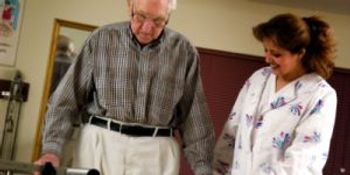
A study of COPD patients found that, on average, their exercise capacity declined over time and that just 5% enrolled in pulmonary rehabilitation, an intervention that has been shown to improve outcomes.

The risk of depression in chronic obstructive pulmonary disease patients increases along with disease severity, according to the results of a new study.

In the struggle with Alzheimer's disease, pharmacists can provide pertinent information about the associated myths, realities, and symptomatic treatments.

The Affordable Care Act prevents any health care plan from excluding coverage for benzodiazepines.


A trial found that in the year after hospitalization for acute coronary syndrome, patients who received personalized attention from a pharmacist had higher levels of medication adherence.

The vasopressin-2 receptor antagonist tolvaptan was effective at treating hyponatremia in 10 patients with small cell lung cancer, according to a prospective case series report.

Monitoring and encouraging hypertension patients can be life-saving.

Electronic prescribing has the potential to make pharmacy workflow more efficient and help reduce adverse medication events, but its uptake has been complicated and delayed by the health care system's complexity.